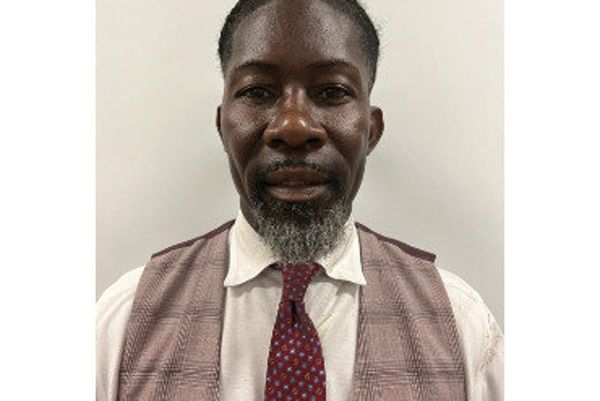
In a significant development, live images from the federal court in Fort Pierce, Florida show former President Donald Trump inside the courtroom where his attorneys are currently making arguments in a case involving classified documents. The defense team is presenting their arguments under the Classified Information Procedures Act (CIPA), section four.
Unlike a traditional trial, where defendants have access to all the documents, this case involving Trump's alleged possession of classified information at Mar-a-Lago imposes certain limitations. While the defense will receive relevant and necessary information, the government retains the ability to withhold certain documents, redact portions, use substitute names such as 'John Doe,' and make other modifications in order to ensure a fair trial.
The proceedings involve a careful examination of each document, often conducted individually, with the judge, Judge Cannon, making crucial decisions. Given the highly classified nature of the documents, the government is arguing for their classification and limited disclosure to the defendant, emphasizing the need to maintain sensitive information securely.
It is worth noting that a ruling was made by the judge regarding the unsealing of the government's witness list, citing public interest. The list had previously been sealed to protect witnesses from harassment and intimidation, a growing concern in cases linked to Trump, particularly online. While the ruling may not be surprising, there is disappointment expressed by some, as the judge's decision potentially exposes those individuals to threats and danger.
This ruling follows a string of decisions by the judge that have raised questions about potential bias in favor of the former president. In the past, the judge was overturned twice by the conservative 11th Circuit during the investigation into the Mar-a-Lago documents. Her attempts to prevent the government from using these documents obtained through a search warrant, as well as her appointment of a special master to oversee review, were deemed illegal by the appellate court.
The consequences of exposing witnesses to harm may prompt the Department of Justice (DOJ) to consider potential appeals or even seek the judge's removal from the case. As the proceedings continue, attention will be drawn to any statements from Donald Trump and his legal team, although it is unlikely that the former president will make any public comments at this point.
The case continues to unfold, and vigilant observation will shed light on future developments and their potential implications on the handling of classified information and the fair administration of justice.







